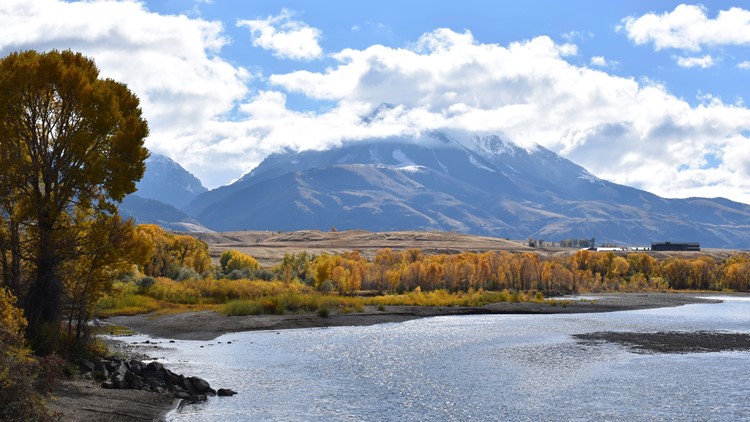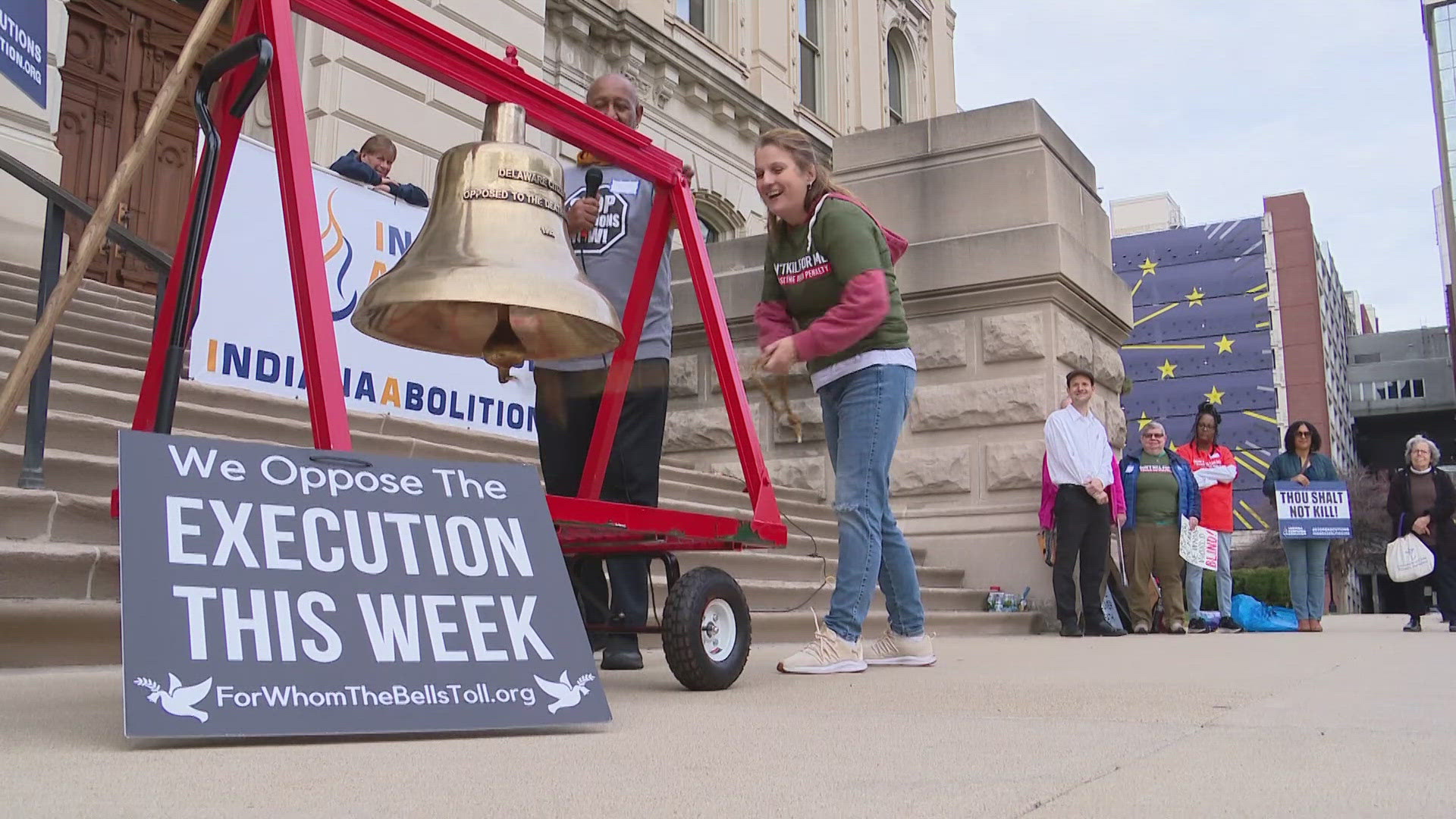WYOMING, USA — An Indiana man will spend 60 days in jail for an incident that happened at Yellowstone National Park last month.
Kyle F. Campbell, 31, of Fairmount, and a group of people were scheduled to go on a guided kayaking trip June 21 at the Grant Marina. According to a news release, the guide refused to take the group on the trip because he thought they were too intoxicated.
Park officials said Campbell and the group became upset and created a disturbance that led the guide to call in security officers and park law enforcement rangers to de-escalate the situation.
Campbell then reportedly made threatening comments and gestures toward the officers. Park officials said he showed signs of being intoxicated, refused to obey the officers' orders, kicked at the rangers, resisted arrest and later injured himself by banging his head in the patrol car.
Campbell pleaded guilty to the following charges:
- Disorderly conduct
- Threatening, resisting, and intentionally interfering with a government employee
- Violating the lawful order of a government employee
- Being under the influence of alcohol and a controlled substance to a degree that may endanger oneself or others
- Contempt of court for refusing to comply with Magistrate Judge Mark L. Carman's warrant to collect a blood sample.
Campbell will spend 60 days in jail, five years of unsupervised probation and is banned from Yellowstone National Park for five years. He was also ordered to pay $1,550 in fines and a $50 special assessment fee.
"Stay sober, because unruly and intoxicated behavior will only earn you a spot with the jailbirds rather than enjoying the beauty and adventure of Yellowstone," Acting United States Attorney Bob Murray said in the news release.
What other people are reading:
- Here's how to keep pets safe and sound during July 4 celebrations
- Rescue efforts at Florida condo halted over structure stability concerns
- Woman in NYC hotel confrontation faces hate crime charge
- What's next now that Bill Cosby has been released from prison?
- New studies show people tend to give COVID-19 to cats more than dogs



